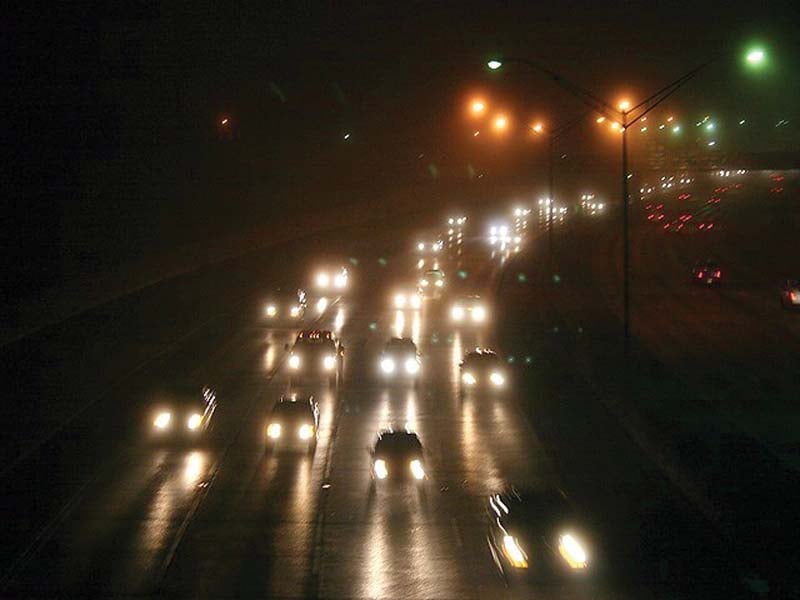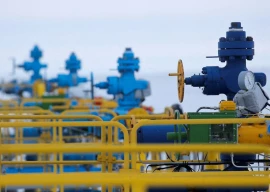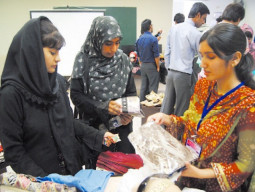
Most Pakistanis believe that in the areas that are out of reach of the Customs department smuggling is rampant, which is detrimental to the country’s industry and workforce.
Govt to abolish 5 per cent customs duty slab
However, this is not the entire truth. Customs is not a popular department in the areas where it operates because its officers are known for abetting smuggling, under-invoicing, helping undocumented consignments to slip in or slip out of the country, withholding export rebates and allowing their payments after taking bribe.
The four valleys where the Customs intends to start collecting duties and curb smuggling were made part of Pakistan in the early 1960s. Previously, they were princely or non-administrated regions.
Later, people of these regions were prevented from cultivating poppy (used in the production of opium) in the 1980s, but the money the government got from abroad for compensating the regions and supporting the cultivation of alternative crops was gobbled up by the relevant authorities.
Then came the flood of cheap Chinese products in the 1990s. People of these regions, where no cash crop was produced, remained unskilled due to lack of educational institutions and little or no experience of the industry.
Pakistan wants cut in customs duty on 35% of tariff lines
The regions became a natural route for the smugglers and traders of Chinese goods from where the products reached Punjab and Sindh. This led to protests by the chambers of commerce and industries in the two provinces which filed hundreds of applications seeking intervention of the National Tariff Commission to prevent the dumping of cheap Chinese goods.
Legal or illegal trade
Arguing against the application of Customs rules to their regions, the traders of the four remote areas take the plea that their entire trade – legal or illegal – will be called smuggling and the Customs, like the police, will seek bribe to allow them do their business.
Earlier when these areas were autonomous territories, there was no police. Levies used to police the regions, but they also demanded bribe on timber smuggling.
However, when the police arrived, they used all the trade and construction activities to their advantage and made money by declaring most of the activities illegal and permitting them only on the payment of bribe.
Now the elders of these regions fear that the Customs will become part of the ongoing corruption and make matters worse.
In the absence of alternative sources of earnings and an operational judiciary that could tackle the police and Customs’ wrongdoing, these traders will find themselves in a situation where it will be next to impossible to make ends meet.
The government should tell the truth about the funds received from abroad for promoting plantation of alternative crops and the development of these areas. It should also tell the people what will be their major source of income if not the Chinese goods and non-duty-paid vehicles.
Incentive package
Already the investors, who had set up small workshops in these areas, had to flee due to security concerns. These valleys are haunted by an uncertain future. The central government in Islamabad should announce a development package including infrastructure and business development incentives before applying the Customs rules.
Bid to smuggle 148 black scorpions from Karachi airport foiled
Earlier, international organisations used to help people at the community level to sustain their lives in the post-poppy and pre-Taliban era from the late 1980s to the early 1990s. Local NGOs also assisted them in reaching out to the regions where people suffered the most.
However, the international organisations stopped visiting these areas after the Taliban spread their presence and influence there.
The central government should handle these hapless regions more carefully and should be kind to the people who have suffered for long.
Those who think that the Customs will help increase revenues and prevent smuggling should also look at the benefits that could be provided to the people there. Long exposed to poverty and terrorism, the regions are still vulnerable. People should be given hope before collecting revenues from them and this could only be done by boosting the chances of exploring the mineral wealth and developing the educational institutions.
These regions also have abundance of hard-working labourers, which could be turned into technical hands for the mineral industry, so that the traders and investors could be involved in the development work.
The writer has worked with major newspapers and specialises in analysis of public finance and geo-economics of terrorism
Published in The Express Tribune, August 8th, 2016.
Like Business on Facebook, follow @TribuneBiz on Twitter to stay informed and join in the conversation.

















COMMENTS (1)
Comments are moderated and generally will be posted if they are on-topic and not abusive.
For more information, please see our Comments FAQ